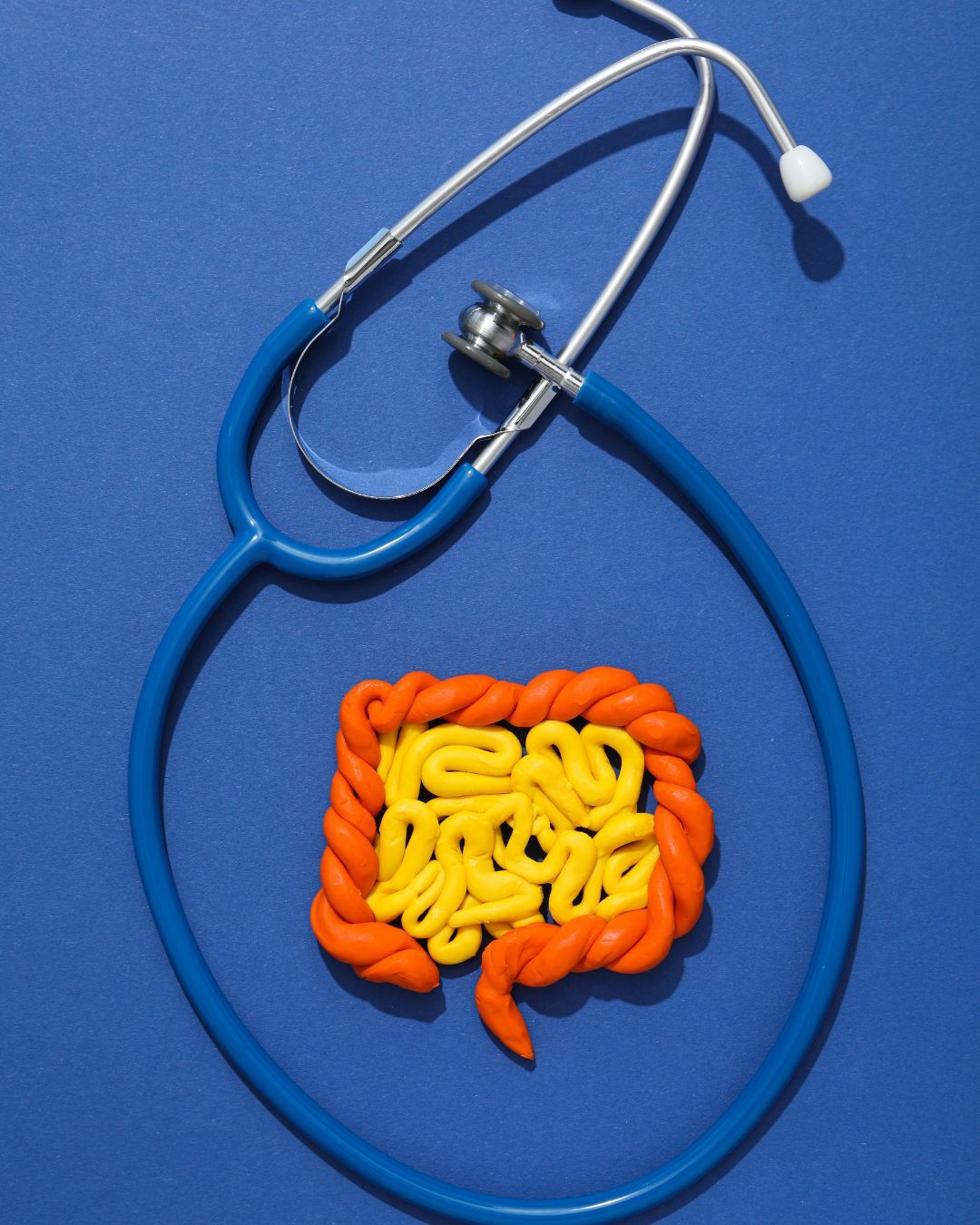

Nutrition education be so important in promoting overall health and well-being. It help us understand how to make healthy food choices and develop good eating habits. Without nutrition education, we may not know what foods are good for us or how much we should be eating. It can also help prevent diseases like diabetes and heart disease.
Access further details go to that.
When we learn about nutrition, we can make better decisions about what to eat and drink. We won't just be eating junk food all the time or skipping meals when we're busy. Nutrition education can also teach us how to cook healthy meals at home, instead of relying on fast food or frozen dinners.
Overall, nutrition education is crucial for our health and well-being. It gives us the knowledge and skills to take care of ourselves and live a long, happy life. So let's all pay attention in those nutrition classes and listen to what the experts have to say!
When it comes to nutrition education, there are some key principles and components that are important to consider. One of the main principles is that education should be tailored to fit the individual's needs and goals. This means that a one-size-fits-all approach won't work for everyone.
Another important component is making sure that information is presented in a clear and understandable way. It's no use bombarding people with complex jargon if they can't make heads or tails of it! And let's not forget the importance of practicality - nutrition education should provide actionable steps that people can actually implement in their daily lives.
Finally, motivation plays a big role in successful nutrition education. If people aren't motivated to make changes, all the knowledge in the world won't make a difference. So it's crucial to find ways to inspire and encourage individuals to take control of their health through better eating habits.
By focusing on these key principles and components, we can ensure that nutrition education is effective, engaging, and most importantly, human-centered. Let's strive for progress, not perfection!
Regular exercise can decrease the threat of chronic conditions such as cardiovascular disease, type 2 diabetes mellitus, and cancer cells.
Sleep plays a critical role in immune feature, metabolic rate, memory, finding out, and other important functions.
Apples are a significant source of nutritional fiber and vitamin C, and eating them has actually been connected to a reduced risk of persistent diseases.
Consuming probiotics via yogurt or supplements can improve digestive system wellness and might aid protect against problems like short-tempered bowel disorder.
Health education in schools is super important for students' overall well-being.. It helps them to understand how to take care of their bodies and minds.

Posted by on 2024-05-15
Health education plays a crucial role in preventing diseases by raising awareness and promoting healthy behaviors among individuals.. These initiatives have been shown to have positive impacts on communities, leading to reduced rates of illness and improved overall well-being.
One case study that exemplifies the effectiveness of health education in disease prevention is the implementation of a community-based program focused on promoting vaccination against infectious diseases.

Posted by on 2024-05-15
Health education is so important for schools and communities because it can have a huge impact on overall well-being.. When people don't learn about how to take care of their bodies, they can end up making bad choices that harm their health.

Posted by on 2024-05-15
When it comes to preventing illnesses and boosting your immune system, utilizing vaccines and preventive measures is key.. It's important to stay informed about the latest health education resources available and take action to protect yourself from potential diseases.
Vaccines are a powerful tool in preventing the spread of infectious diseases.

Posted by on 2024-05-15
When it comes to incorporating nutrition education into health programs, there are many strategies that can be used. One way to do this is by including information about healthy eating habits in the curriculum. By teaching students about the importance of a balanced diet and how to make nutritious choices, they can develop lifelong skills that will benefit them in the long run.
Another strategy is to involve parents and caregivers in the process. By providing resources and support for families to make healthier choices at home, students can receive consistent messages about nutrition both at school and at home. This can help reinforce the lessons learned in the classroom and create a supportive environment for making healthy changes.
Incorporating hands-on activities and interactive lessons can also be an effective way to engage students in nutrition education. By allowing them to participate in cooking demonstrations, taste tests, or gardening projects, they can learn practical skills that will help them make healthier choices on their own.
Overall, incorporating nutrition education into health programs requires a multifaceted approach that involves collaboration between educators, parents, and students. By implementing these strategies, we can help promote healthy habits and empower individuals to take control of their own health and well-being.


Nutrition education is so important, ya know? When we don't learn about nutrition, we can end up making bad food choices and not taking care of our bodies. So integrating nutrition education into schools, workplaces, and communities can really help us make better decisions about what we eat.
One benefit of having nutrition education in schools is that it can help kids develop healthy eating habits early on. Instead of always reaching for the junk food, they'll learn to choose fruits and veggies instead. And that can set them up for a lifetime of good health.
In workplaces, having nutrition education can also be super helpful. It can teach employees how to make nutritious meals at home and pack healthy lunches for work. That way, they'll have more energy throughout the day and feel better overall.
And in communities, integrating nutrition education can bring people together to support each other in their health goals. They can share recipes, workout tips, and encouragement to keep each other motivated.
So yeah, there are definitely some major benefits to integrating nutrition education into schools, workplaces, and communities. It's all about helping people make healthier choices and live their best lives!
Healthcare professionals play a key role in providing nutrition education to patients. They help them understand the importance of eating healthy and making good food choices. Without their guidance, many people would not know how to properly nourish their bodies.
When healthcare professionals don't provide nutrition education, patients may struggle with managing their diets and maintaining a balanced lifestyle. This can lead to health issues such as obesity, diabetes, and heart disease. It's crucial that healthcare professionals take the time to educate their patients on proper nutrition so they can live longer, healthier lives.
Some folks think that nutrition education isn't necessary for patients, but that couldn't be further from the truth. Everyone deserves to have access to information about how to eat well and stay healthy. So next time you visit your doctor or nurse, don't be afraid to ask them for some tips on eating right. Trust me, your body will thank you!

Nutrition education can be super important for living a healthy life, but it also comes with its fair share of challenges and barriers. One major challenge is lack of access to fresh fruits and veggies in some areas. Like, how are you supposed to learn about eating healthy when you can't even get your hands on the good stuff?
Another barrier is misinformation and conflicting advice from different sources. It's like, one day eggs are bad for you and the next day they're good - who can keep up with all that nonsense? And don't even get me started on fad diets and quick fixes that promise instant results but end up doing more harm than good.
Plus, there's also the issue of time and resources. Not everyone has the luxury of spending hours meal planning and prepping each week or the money to buy expensive specialty ingredients. It's frustrating when you want to make positive changes to your diet but feel like you're fighting an uphill battle.
But despite all these challenges, it's so important to keep pushing forward and seeking out reliable information and support. Nutrition education may not always be easy, but taking small steps towards healthier eating habits can make a big difference in the long run. So let's keep learning, growing, and making better choices together!
Evaluation methods for assessing the impact of nutrition education programs are crucial in determining their effectiveness. These methods help us understand if the programs are actually making a difference in people's lives or not.
One way to evaluate the impact of nutrition education programs is through surveys and interviews with participants. By gathering feedback from those who have gone through the program, we can gain valuable insights into what worked well and what didn't. This information can then be used to make improvements for future programs.
Another method is to track changes in behavior and knowledge before and after participation in the program. This could involve measuring things like dietary habits, physical activity levels, and understanding of nutrition concepts. By comparing these measurements over time, we can see if there has been any real change as a result of the program.
Additionally, conducting focus groups or case studies can provide us with more qualitative data on the impact of nutrition education programs. Hearing directly from participants about their experiences and outcomes can give us a deeper understanding of how effective the programs truly are.
In conclusion, evaluating nutrition education programs is essential for ensuring that they are having a positive impact on individuals' health and well-being. By using a variety of assessment methods, we can gather comprehensive data on their effectiveness and make informed decisions on how to improve them in the future.
When it comes to the future directions and trends in nutrition education within the field of health education, there are some exciting developments on the horizon. One key trend that is gaining momentum is the focus on personalized nutrition plans tailored to individual needs and preferences. Instead of a one-size-fits-all approach, educators are now recognizing the importance of taking into account factors like cultural background, lifestyle, and genetic predispositions when designing nutrition programs.
Another important direction in nutrition education is the shift towards incorporating more hands-on learning experiences. Rather than simply lecturing students about the benefits of healthy eating, educators are now emphasizing practical skills like meal planning, grocery shopping, and cooking. By providing students with real-world opportunities to apply their knowledge, they are more likely to retain information and make lasting changes to their dietary habits.
Furthermore, technology is playing an increasingly prominent role in nutrition education. With the rise of apps and wearable devices that track food intake and physical activity, educators have new tools at their disposal for monitoring progress and providing feedback to students. These digital resources can also help individuals set goals, stay accountable, and track their results over time.
In conclusion, as we look ahead to the future of nutrition education within health education, it's clear that there are many exciting possibilities on the horizon. By embracing personalized approaches, hands-on learning experiences, and technology-driven solutions, educators can empower individuals to take control of their health through informed dietary choices. It's an exciting time to be involved in this field!
